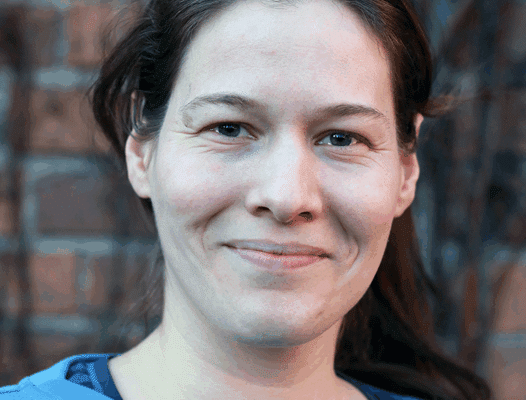- Research
-
YOU ARE
- Community member
- Future Student
- Student
- Professor
- Alumni
- Media
- Guidance counsellors
- INRS retiree
- Contact Us
- Newsroom
- Careers
- FR
-
Studies
We teach the next generation of researchers to develop scientific, social, and technological innovations.
-
Research
We find solutions through interdisciplinary research and industry or public and community partnerships.
-
INRS
We play an active role in Québec's economic, social, and cultural development.
Professor Julie-Anne Boudreau, of the Urbanisation Culture Société Research Centre at INRS, is launching a comparative study on youth culture in working-class and immigrant neighbourhoods in Montreal and the Greater Paris area thanks to a major grant from the Social Sciences and Humanities Research Council of Canada (SSHRC) Insight Program. Her research findings will enhance knowledge of the reality urban youth face and help present youth in a more positive light.

“The purpose of this research is to inform public policy and current thinking in the social sciences about the future of working-class and immigrant neighbourhoods and so-called “culture of poverty” based on young people’s experiences,” explains Professor Boudreau, Canada Research Chair in Urbanity, Insecurity and Political Action.
Neighbourhood history, life stories, and collective memory
How do young people shape collective memory and local culture? How do young people become responsible citizens and political actors? What is their relationship with local institutions? How do male-female relationships structure territories? These are some of the themes Professor Boudreau’s team is studying in order to shed new light on the changes affecting two neighbourhoods in both Paris (Aubervilliers and Pantin) and Montreal (Saint-Michel and Petite-Bourgogne).
Using a multidisciplinary approach based on sociology, oral history, and critical geography, Professor Boudreau and her team compare two urban structures, two sociopolitical histories, and two approaches to immigration, focusing on the forging of identity and culture rather than on the processes of destabilizing and breaking up these neighbourhoods.
In addition to studying the historical, social, and urban aspects of these neighbourhoods, the research team will record young people’s life stories and run collective memory workshops that will explore youth’s interpretation of territory, the role of male-female relationships, and young people’s relationship with politics. Young workshop participants will produce audio guides of their neighbourhoods.
About this research
This research is being conducted jointly with David Austin of John Abbott College, Godefroy Desrosiers-Lauzon of UQAM, Steven C. High of Concordia University, Marie-Hélène Bacqué of Université Paris Ouest Nanterre La Défense, and Coline Cardi of Université Paris 8. It is supported by a grant of close to $300,000 from the SSHRC Insight Program, whose goal is to support and foster excellence in social science and humanities research intended to deepen, widen, and increase our collective understanding of individuals and societies, as well as to inform the search for solutions to societal challenges.
You may also like

September 19, 2013
Márta Radó
September 19, 2013
For the well-being of all children
September 19, 2013
Regional Disparities in Access to EducationShare
